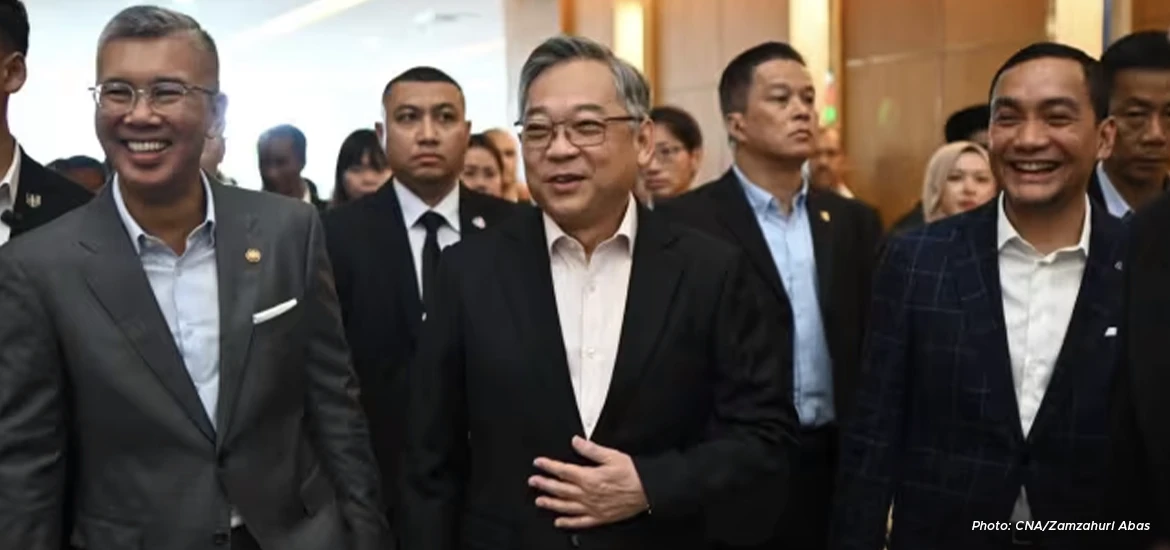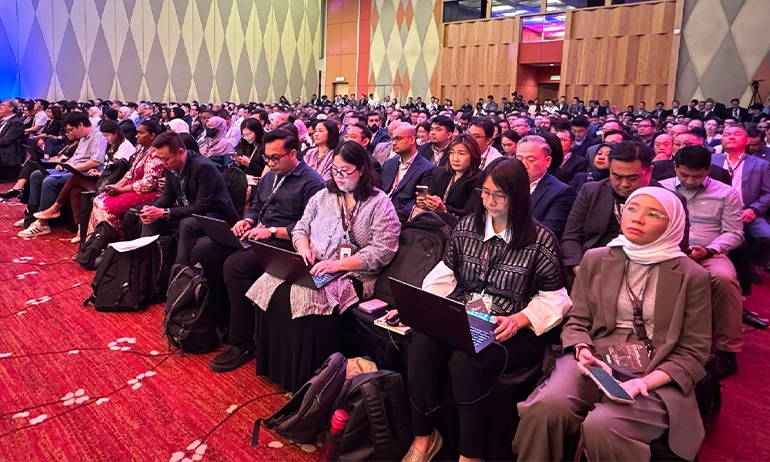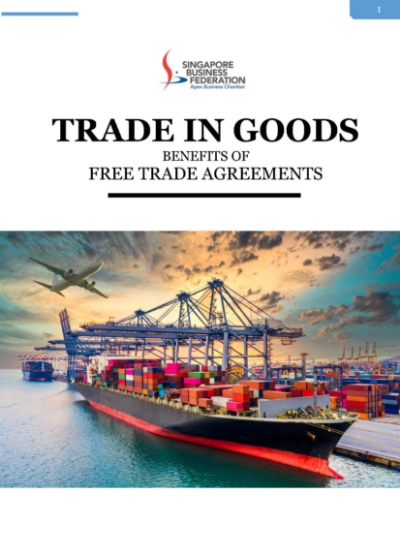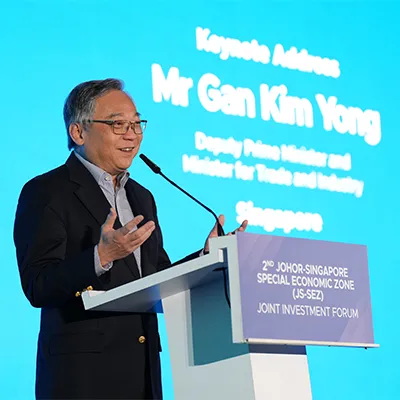2. JS-SEZ emerges as the region’s next investment hotspot
At a panel session featuring senior leaders of Malaysian Investment Development Authority (MIDA), Singapore Economic Development Board (EDB), the Federation of Malaysian Manufacturers (FMM), and Singapore Business Federation (SBF), the panellists shared a common view that the JS-SEZ is poised to become the region’s next major investment powerhouse.
Describing ASEAN as an increasingly attractive destination for global businesses, Datuk Sikh Shamsul, CEO of MIDA, pointed out that by 2030, ASEAN’s population is expected to reach 700 million, with around 70% belonging to the middle-income bracket. He also highlighted the region’s sustained investment appeal with over 5,000 companies having their regional headquarters and around 80% of Fortune 500 companies maintaining a presence in this region.
The JS-SEZ was positioned as a platform for mutual gain by Mr Jermaine Loy, Managing Director of EDB, who described it as a “win-win-win-win” value proposition – benefitting Johor, Singapore, businesses, and the wider Southeast Asia region. He noted that Singapore and Malaysia, situated at the heart of a vibrant region, have a longstanding partnership with deep economic synergies. The JS-SEZ, he said, allows both countries to tap into their complementary strengths.
Mr Loy highlighted that companies had already been anchoring or “twinning” operations in both Singapore and Johor so they could benefit from the advantages that both economies offer. Looking ahead, he emphasised the need to double down on attracting global investors, particularly in manufacturing, supply chain, the digital economy, and green economy, to bring greater opportunities to both countries and the region.
3. Singapore unveils new support services for JS-SEZ investors
Singapore has announced the establishment of a joint project office comprising the Ministry of Trade and Industry, Enterprise Singapore, and Singapore Economic Development Board. The joint office will support Singapore-based businesses to explore opportunities, build partnerships, and navigate relevant support schemes through the agencies’ on-ground networks.
The initiative complements the Invest Malaysia Facilitation Centre-Johor (IMFC-J), launched in February 2025. The IMFC-J – which is jointly run by the Iskandar Regional Development Authority (IRDA), Invest Johor, and MIDA – is the first IMFC outside Kuala Lumpur and provides end-to-end investment facilitation to streamline processes and accelerate business setup in Johor.
Johor’s Chief Minister Dato’ Onn Hafiz Ghazi also noted promising early outcomes on the IMFC-J, highlighting that the centre has halved its bureaucratic processing times to about one year. Additionally, the IMFC-J has also received 252 investment-related enquiries since its launch in February and 42, which are deemed to be “high-impact” projects are now undergoing expedited evaluation.
4. Doing cross-border business is easier in both Singapore and Malaysia
Singapore is committed to making it easier for businesses to pursue cross-border, twinned operations between Singapore and Johor. To support this, efforts are underway to enhance the movement of goods and people, building on a series of trade facilitation measures already in place. These include:
- Paperless cargo clearance, which allows drivers and freight forwarders to submit Cargo Clearance Permits and vehicle plate numbers via the Immigration & Checkpoints Authority’s (ICA) mobile app or website – cutting clearance times by around 30%.
- The Malaysia-Singapore Authorised Economic Operator (AEO) Mutual Recognition Arrangement, enabling certified companies to benefit from reduced documentary checks and physical cargo inspections when moving goods between both countries.
- Streamlined customs procedures for land-based cargo transfers since early 2025, which have resulted in substantial cost savings and reduced permit preparation time by 50%.
Beyond physical trade facilitation, Singapore will also continue to deepen its economic partnerships with like-minded economies. These include frameworks within ASEAN, the Comprehensive and Progressive Agreement for Trans-Pacific Partnership (CPTPP), and engagements with partners such as the Gulf Cooperation Council (GCC) and the European Union (EU). These partnerships aim to open new markets and strengthen supply chain connectivity for businesses operating out of Singapore and the JS-SEZ.









